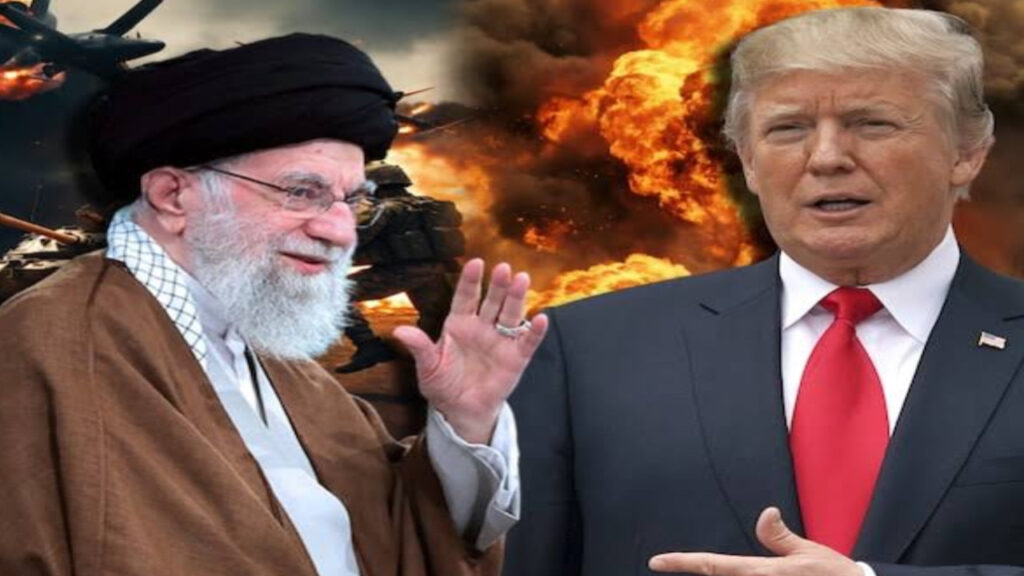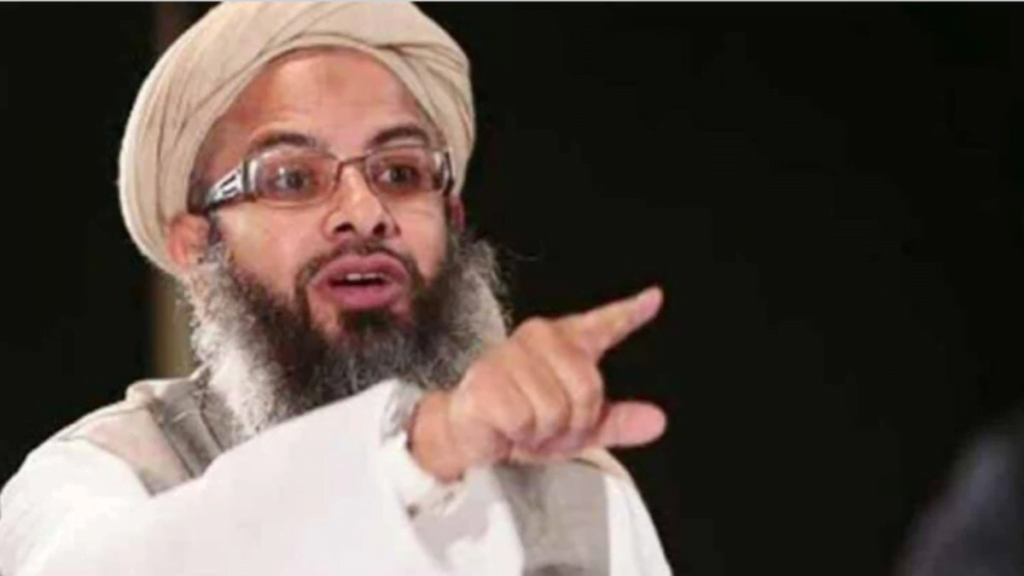Iran Israel War
Tensions in the Middle East have escalated sharply following a recent strike by the United States targeting Iran’s nuclear facilities. In response, Iran has issued a bold and defiant statement, indicating a dramatic shift in its strategic posture. According to Iranian officials, Washington’s actions have “destroyed diplomacy” and crossed a red line. Now, Tehran says its military will independently decide how, when, and where to respond.
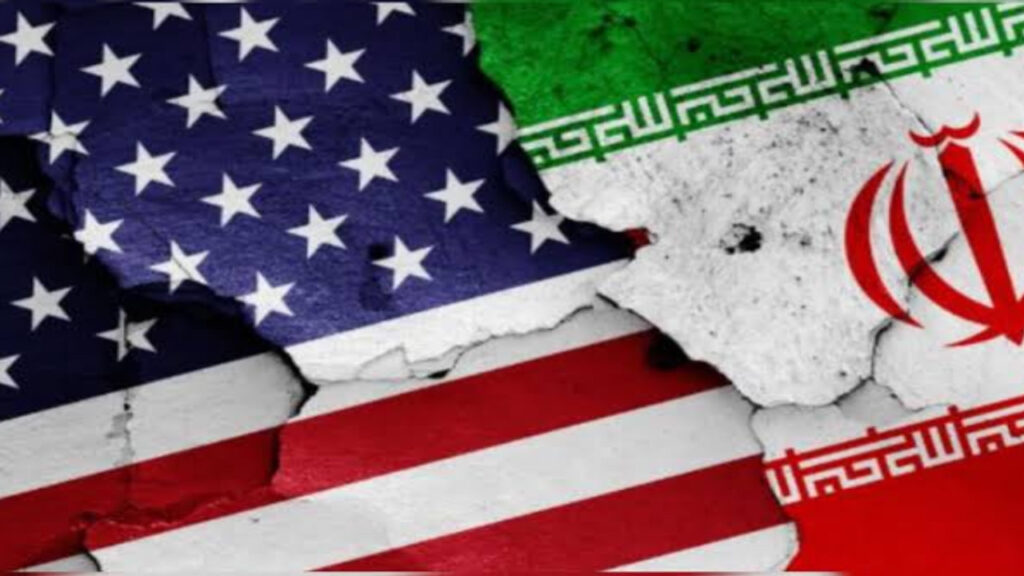
This declaration came after U.S. forces allegedly launched a covert attack on Iranian nuclear infrastructure, raising fears of a broader regional war. Iran has long maintained that its nuclear program is for peaceful purposes, but the U.S. and its ally Israel have expressed concerns about potential weaponization. While Israel has taken direct action against Iranian interests in the past, this latest involvement of the U.S. has added a new layer of complexity.
Tensions between Iran and the United States have reached a boiling point after an alleged American strike on Iran’s nuclear program. In a sharp response, Iran has declared that the era of diplomacy is over, placing the responsibility of retaliation entirely in the hands of its military. Tehran’s message is clear: the nature, timing, and location of the response will now be determined not by politicians, but by military command. The region watches anxiously as uncertainty deepens.
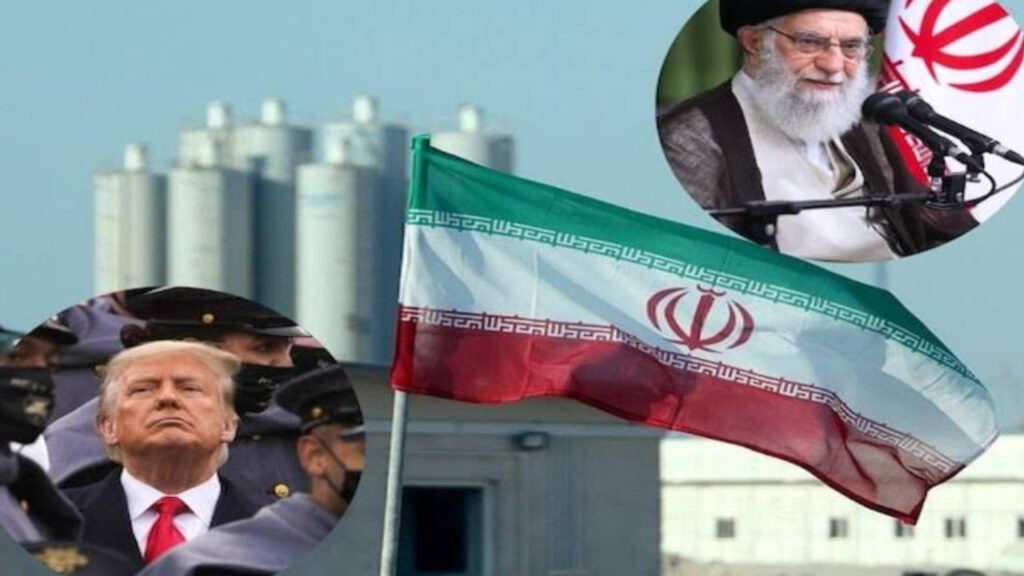
Official Statement
In an official press briefing, Iranian military spokespersons stated that the time for negotiation is over. “By targeting our nuclear program, the U.S. has effectively chosen the path of confrontation over diplomacy,” one senior official noted. “It is no longer a political matter the military will now determine our response.”
Iran’s statement suggests that any retaliation may not be immediate, but it will be calculated and strategic. This could include asymmetric warfare tactics, cyberattacks, or regional proxy actions. Given Iran’s influence across Iraq, Syria, Lebanon, and Yemen, its potential response could impact U.S. interests and allies throughout the region.
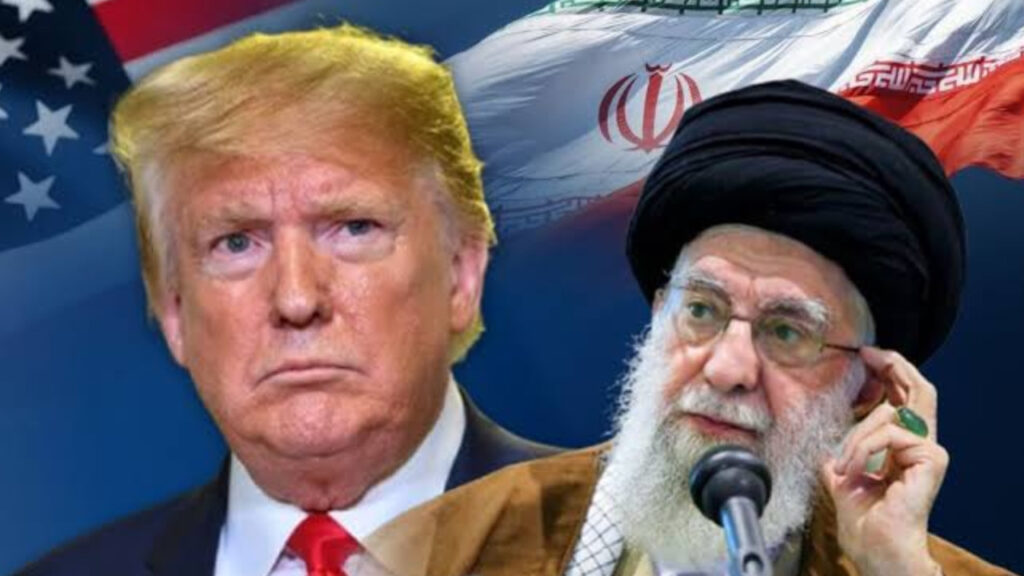
The international community has responded with concern. The United Nations has called for restraint, urging all parties to avoid actions that could lead to a larger war. Meanwhile, global oil markets have reacted with volatility, anticipating potential disruptions in the Strait of Hormuz, a critical chokepoint for global energy supplies.
Analysts say Iran’s shift placing decisions in the hands of the military is symbolic of a hardening stance. This is not just a message to Washington, but also to its regional adversaries that Iran is prepared for a prolonged conflict if provoked further.
As the world watches closely, the situation remains fragile. A single misstep or miscalculation could trigger a regional war with global consequences. For now, Iran’s military holds the reins and the world waits to see what its next move will be.

